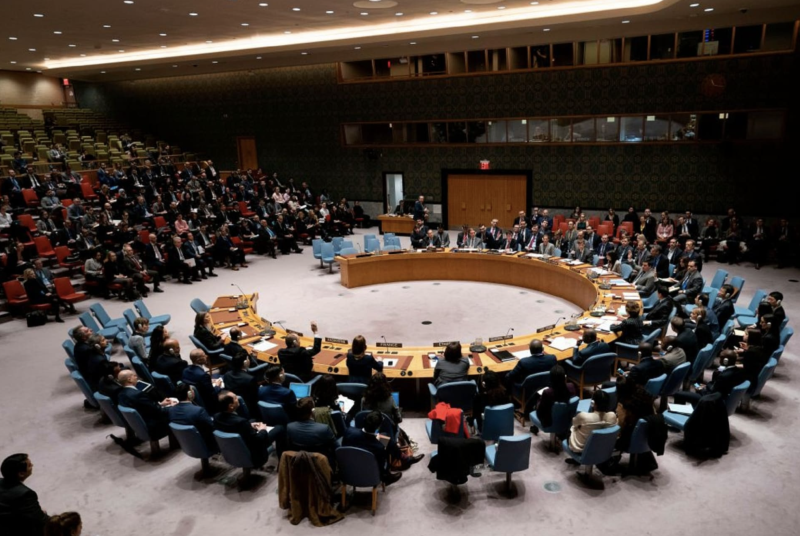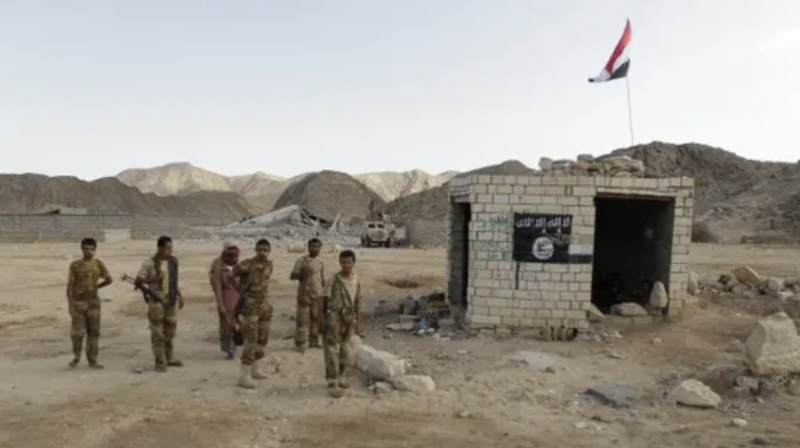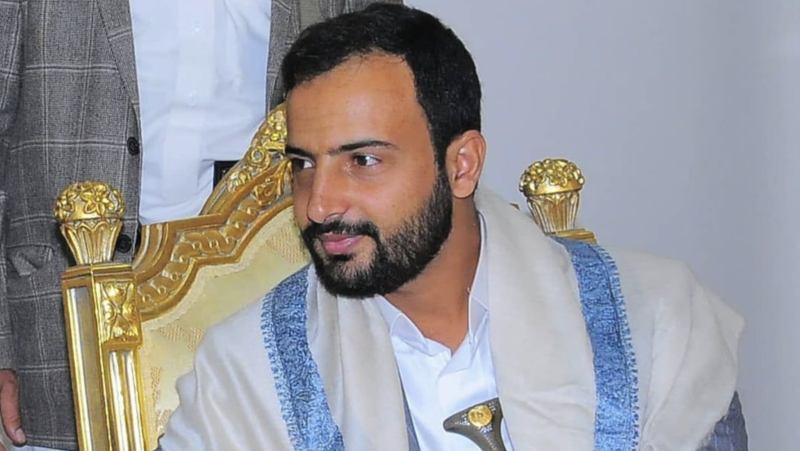Yemeni journalists call for release of colleagues held by Houthi rebels


A group of Yemeni journalists who survived years of torture in Houthi prisons are calling on the international community to pressure the rebels to free four of their colleagues facing the death penalty.
Abdel-Khaleq Amran, Akram al-Walidi, Hareth Hamid and Tawfiq al-Mansouri were arrested along with six other journalists in raids in the capital, Sana’a, in the summer of 2015, shortly after the Saudi-led coalition intervened in Yemen’s war.
The group of 10 were eventually charged with spying, including “collaborating with the enemy” and “spreading false news and rumours” to weaken the Iran-backed rebels.
The men say they were subjected to treatment such as torture, starvation and solitary confinement for years before their case was bought before a Houthi-appointed judge in April 2020. All 10 were convicted, but six were freed under strict surveillance conditions and banned from practising journalism, while the other four were sentenced to death.
Family members and defence lawyers were not allowed to attend the trial, and an appeal was quashed. Amnesty International has previously said that the 10 men were arrested on “trumped up” charges for doing their jobs.
The six freed journalists and their families managed to leave Yemen and are living in Cairo, a major diaspora hub. One year after the sentencing, they say the Yemeni government is not doing enough to negotiate their colleagues’ release.
“We would need to write books to [fully] describe what we went through and suffered in these detention facilities. Only God knows the hardships and suffering of our families in our absence … And there are still four journalists, who were sentenced to death inside these dark prisons, waiting for fate to intervene to save their lives and bring them back to their children,” a statement from the group shared with the Guardian said.
“My son is just a civilian, he’s not a soldier, he didn’t fight anyone, he wasn’t involved in politics. He didn’t deserve something like this for seven years,” said the mother of one of the detainees, who asked not to be named.
“We went everywhere, we talked to everyone but no one really helped us. I’m crying everyday, and I can’t sleep.”
Abdullah al-Mansouri, the brother of imprisoned Tawfiq al-Mansouri, said his relative had become seriously ill with kidney problems and diabetes, and his captors had denied him medical treatment. The family have only been able to visit him twice in the last three years.
“My brother was a healthy young man when he was first detained,” Mansouri said.
“We still don’t know why some of the journalists were released and others condemned to death sentence. They were targeted to make an example for others.”
The Houthis are accused by rights groups of routinely imprisoning and torturing dissenters and those suspected of spying for the coalition. Hostages are sometimes purposely held in locations likely to be the target of coalition airstrikes: two imprisoned journalists, Abdullah Qabel and Yousif Al Aizari, died when a military site in Dhamar was bombed in 2015.
Forces loyal to the Yemeni government and the Southern Transitional Council, a separatist movement in control of Aden, Yemen’s second city, have also been accused of imprisoning and torturing journalists and violating press freedoms.
During their incarceration, members of the group were punished after being found with pens. On one occasion, all 10 were bought from their cells to listen to a speech from the rebel leader Abdul-Malik Badreddin al-Houthi in which he said journalists were “more dangerous than those fighting on the front lines”.
“Every time we tried to conquer the walls and isolation by singing, the jailers would come to make us silent again,” they said.
“These four colleagues are being used by the Houthis as pawns, to blackmail both the international community and the Yemeni government,” said Buthaina Faroq, a Yemeni activist who was also forced to flee the country and is living in Malaysia.
“Every single day is important for them stuck in prison. The Houthis are unpredictable, they could decide to keep them or execute them at any moment,” she added.
According to Reporters Without Borders, about 20 Yemeni journalists are being held prisoner by the Houthis or al-Qaida. Yemen ranks 167th out of 180 countries in the organisation’s press freedom index for 2020.

NewYork -- The United Nations Security Council has urged all parties in Yemen to de-escalate tensions and intensify diplomatic efforts to end the c…

Marib — A senior al-Qaeda commander was killed Tuesday in a suspected U.S. drone strike in Yemen’s northern province of Mareb, accordin…

London — The United Kingdom has announced new sanctions targeting Hussein al-Houthi, son of Abdulmalik al-Houthi, leader of the Houthi militi…